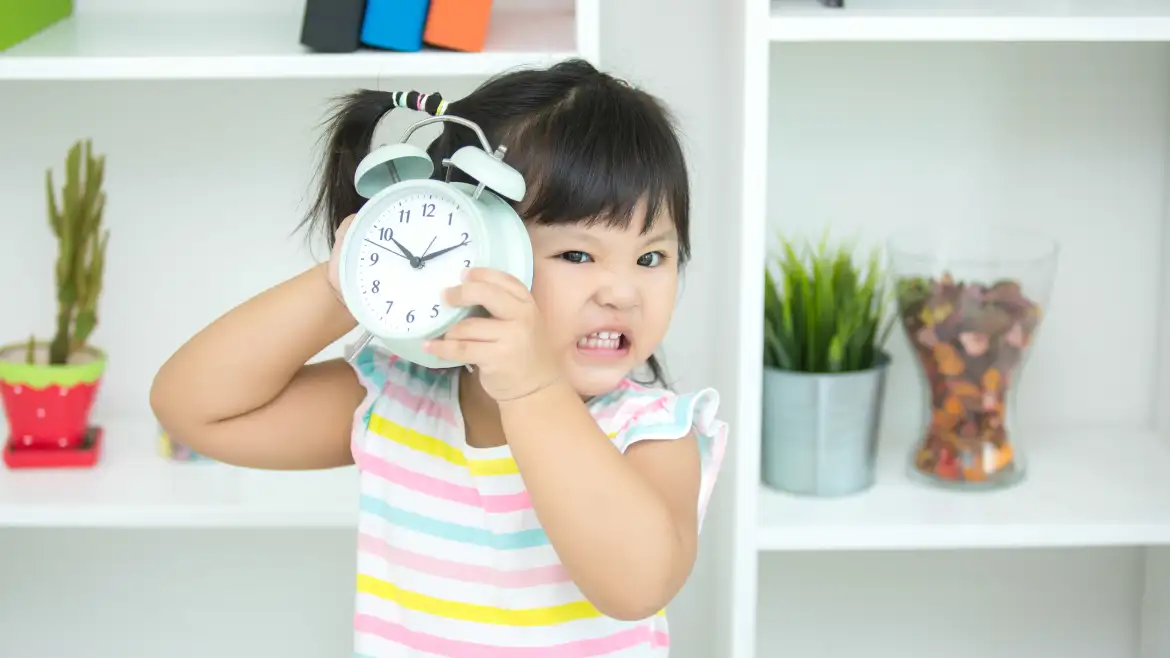Understanding how many hours your child spends in childcare each week is more than just a scheduling concern—it can affect their development, health, and long-term learning habits. Here’s a parent-friendly guide to better understand the Singapore childcare hours impact, complete with research insights, real-life experiences, and actionable tips.
Age Matters – Infants and Toddlers Have Different Needs
While most studies focus on preschoolers aged 3–6, younger children (0–3 years) require different care. Their brains are still rapidly developing, and they rely heavily on emotional bonding and personal attention. Extended hours in group settings may lead to overstimulation and reduced attachment security. When considering childcare, it’s important to evaluate your child’s age and developmental stage. For those exploring early options, this guide on infant care Singapore provides more insights.
Teachers Notice the Difference
Caregivers and educators in Singapore often observe that children who stay longer in childcare may become more irritable or distracted by late afternoon. While some adapt well to routines, others struggle with transitions or group activities after many hours of stimulation. These observations highlight that the Singapore childcare hours impact goes beyond test scores—it affects daily behavior and emotional well-being.

What About Physical Health?
Surprisingly, most discussions around childcare hours leave out physical well-being. Are children getting enough rest? Are they staying active throughout the day? Long hours can sometimes mean less outdoor play, more sedentary time, and irregular sleep. According to HealthHub Singapore, regular activity and sleep are crucial for young children’s growth. Extended hours may disrupt these essential rhythms, especially for toddlers.
Quality Over Quantity
The number of hours your child spends in childcare isn’t as important as what those hours consist of. High-quality centres with nurturing staff, balanced routines, and enriching programmes can provide positive experiences even for full-day children. Parents should look beyond the schedule and focus on environment, curriculum, and staff-child interactions to better manage the Singapore childcare hours impact.
Global Comparison – What Other Countries Do
Looking at other countries offers useful perspective. In Sweden and Norway, full-day childcare is common but supported by strong play-based curriculums and low teacher-child ratios. In contrast, countries like Japan are re-evaluating their intense academic environments in early education. Singapore’s model can benefit from these insights, especially when managing work-life balance and educational quality.
Long-Term Effects Are Still Being Studied
How will extended hours in childcare affect your child’s future learning and behavior? While some data suggest that children adapt well and gain resilience, others warn of academic fatigue or reduced enthusiasm for school later on. The Singapore childcare hours impact might not be fully understood until children reach primary or even secondary school. Monitoring your child’s interests and motivation as they grow can help you detect signs early.
What Parents Are Saying
Parents share mixed experiences. Some say long childcare hours are essential due to work commitments, and they prioritize finding trustworthy centres. Others notice their kids are exhausted or clingy by evening. A recurring theme? It’s not just about duration—it’s about how supported the child feels. Open conversations with educators and listening closely to your child’s needs can make a significant difference.
Infant Care Has Its Own Dynamics
For babies under 18 months, the Singapore childcare hours impact may be more pronounced due to their sensitivity to routine changes and limited ability to self-regulate. Infant care environments must emphasize one-on-one attention, responsive caregiving, and predictable schedules. Learn more about quality infant care options on our page about infant care Singapore.
Making It Work for Your Family
If reducing hours isn’t an option, you can still protect your child’s well-being:
- Choose a high-quality centre
- Keep in close contact with teachers
- Create relaxing evening routines
- Pay attention to your child’s energy levels and behavior at home
- Ensure weekends include downtime and family bonding
These strategies can help families maintain a healthy balance, even with long childcare hours. It’s all about adjusting routines to support your child’s needs.
When to Reassess Your Routine
Be mindful of cues that it’s time to reassess your childcare plan. If your child consistently resists going to school, complains of tiredness, or struggles emotionally in the evenings, it may be worth reducing hours or changing centres. Don’t hesitate to reach out to your centre’s educators—they often have insights that can help you make more informed decisions. Regularly revisiting the effects of the Singapore childcare hours impact ensures your child stays on a healthy developmental path.
FAQ
Q1: Is 40+ hours of childcare too much?
Not always—it depends on your child and the quality of care. Watch for signs like irritability or poor sleep, and assess how your child behaves in the evenings.
Q2: How can I tell if my child is overstimulated?
Look for clinginess, emotional outbursts, or sleep disruptions after school. Consistent fatigue may also be a sign.
Q3: Does high-quality childcare lessen the negative effects?
Yes. Supportive environments with balanced routines, play-based learning, and emotional care can reduce stress and enhance development.
Q4: What if I can’t reduce my child’s hours?
Focus on quality, communication, and home routines. Small adjustments—like quiet evenings and engaging weekend time—can make a big difference.
Q5: Is the Singapore childcare hours impact different for infants?
Yes. Infants are more sensitive to overstimulation and disruption in routines. They need predictable, loving care and rest throughout the day.
Looking for a preschool that aligns with your child’s emotional and educational needs? Little Unicorn Preschool offers programmes from infant care to kindergarten, designed with working families in mind.

📌 Want to speak with someone about your child’s needs? Contact us here to schedule a visit or get advice tailored to your family.
By staying informed and intentional, you can ensure the Singapore childcare hours impact works in your child’s favor—not against it.



